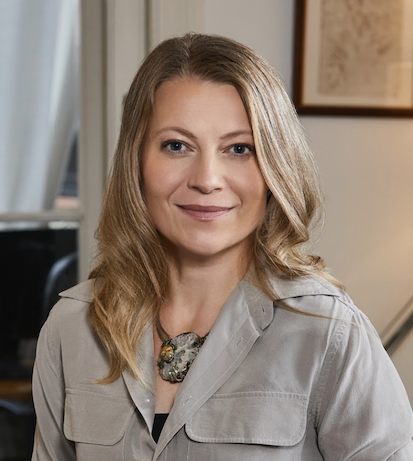Barcelona, science and technology hub

Photo: Jordi Bernadó
In 2017, the Greater Barcelona metropolitan area was recognized as one of the emerging scientific capitals of Europe.
In fact, Barcelona is already one of the main hubs in the south of Europe for science and technology thanks to its many centers and the large number of people working in the sector.
The city has the opportunity to drive forward an economy based on knowledge and innovation, but to do so, it must set out to promote entrepreneurship and business competitiveness, attract and retain talent, and stimulate public-private partnerships.
The many news items in recent weeks and the sectorial and cross-sectorial partnerships that are investing in Barcelona are all evidence of Barcelona’s reputation as a leading city for science and technology. This is all made possible by institutions such as the Barcelona Biomedical Research Park, the Alba Synchrotron, the Barcelona Supercomputing Center, the Institute of Photonic Sciences (ICFO), the Institute for Research in Biomedicine (IRB), the Institute for Bioengineering of Catalonia (IBEC) and the Center for Genomic Regulation (CRG).
We would like to highlight some of the key news in science and technology in recent months.
Barcelona Supercomputing Center (BSC-CNS), center for scientific innovation
The BSC-CNS is in the news year after year thanks to its pioneering advances in the sector. In 2021, the Barcelona Supercomputing Center opened its new headquarters, which will house the Marenostrum 5 supercomputer, due to be fully operational this year. There has been no shortage of news on the institution’s ambitious projects this year.
This includes the very recent news that the Barcelona Supercomputing Center and Lenovo are partnering to advance research into new supercomputing technologies. This is the largest investment made by the multinational technology company in Spain. Its aim is to make advances in precision medicine through the use of supercomputing and the development of European open-source chips. It will also enable the creation of the next generation of sustainable supercomputers and data centers.
The BSC-CNS has also reached an agreement with Intel, which has selected Barcelona for its pioneering microchip design laboratory. This major agreement means an investment of 200 million euros over 10 years for Barcelona, which will be complemented by another 200 million euros from the government.
Photo: Jordi Bernadó
Microsoft, an obvious ally
You may well have heard about the announcement in September that Barcelona is now home to Microsoft’s artificial intelligence and deep learning research and development hub, the first in Spain.
The center is one of eight hubs around the world set up by the multinational to work on advanced areas of software engineering. Working on artificial intelligence, machine learning, and deep learning, the center has been so positively received that the number of researchers working there has increased from 30 to 90 in less than a year.
AstraZeneca and VHIO, a long-term partnership
As mentioned earlier, synergies between companies and institutions are essential for positioning Barcelona and attracting new players. That is why AstraZeneca’s decision to work with the Vall d’Hebron Institute of Oncology on cancer research is such good news. The VHIO institute will receive an investment of six million from the pharmaceutical company AstraZeneca, which will go towards ground-breaking pre-clinical and translational research.
This collaboration has been in development for years, with researchers focusing mainly on new therapies against different types of cancer, but this news is a step further within a long-term partnership.
Llúis Torner awarded the Cross of Saint Jordi
Barcelona needs its researchers and experts just as much as its companies and institutions. One of its leading figures is Lluis Torner, director of the Institute of Photonic Sciences and vice president of Barcelona Global till June 2022. The physicist has been awarded the Cross of Saint Jordi by the Catalan Government for his leadership in photonic sciences research.
Barcelona has all that it needs to become a global innovation hub, but it must focus on attracting and retaining talent, generating public-private partnerships, and making sure that research and universities are valued in the way they deserve.
If you want to know the latest news about Barcelona, its talent and its projects, subscribe to our newsletter.








